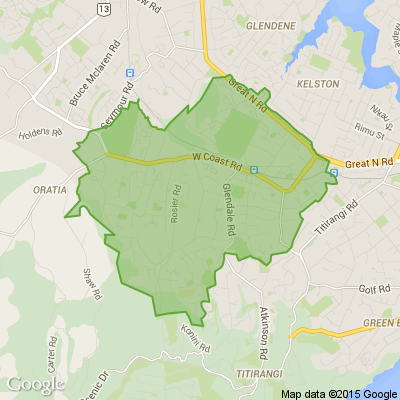The problem with Climate Change …
Most of the Climate Change criticism is based on the fact that CO2 levels were MUCH higher in the past. That is absolutely correct.
And completely misses the point.
Throughout most of the Earth’s history, carbon dioxide levels have generally changed very slowly. That gave organisms and their ecosystems sufficient time to adapt to climate change through both evolution and migration.
Most of the change from 280 ppm to 421 in 2022 happened in less than 200 years. The present atmospheric concentration of CO2 is the highest for 14 million years.
To put that into context: 14 Million years is longer than it took for apes and humans to evolve from monkeys. Do you think humans would have been able to evolve in just 200 years?
To put the problem into an easily understood picture:
Imagine I throw a tiny lead ball at you. Are you afraid?
Now imagine I use a gun to shoot that lead ball at you - THAT is Climate Change.
If you understand the difference SPEED makes, then you start to understand the threat that climate change is.
Many plants and animals are unable to cope with the rapid change - we are already knee deep in a mass extinction that rivals the extinction of the dinosaurs.
Many of us can see that for themselves. When I was a kid windscreens used to be splattered with insects, and every 100 km you had to stop at a petrol station to clean the windows.
But not anymore.
Insect numbers have plummeted by up to 96% in places - not only in industrialised nations but even in “untouched” areas like the Costa Rican rain forest. The importance and effect of pollinators disappearing should not be under-estimated.
The biggest effects of global heating are currently felt at the BOTTOM of the food pyramid (eg the take up of CO2 into the oceans leads to acidification that makes building skeletons from dissolved Calcium carbonate near impossible), and the effects will not propagate gradually and slowly up the chain but suddenly and catastrophically when you reached the tipping point.
Because the ability of the ecosystems to compensate is being steadily eroded (from multiple sides, eg pollution, exploitation, etc), and while it takes a few hundred years for the changes to reach a tipping point, when it tips EVERYTHING depending on it tips too.
Most plants and animals will come up with new varieties that might be able to cope better - but that doesn’t prevent a population collapse, it just means the species might be able to rebuild and still be around in a few thousand years.
But for many species this will not be enough - because as a population they depend on a plentiful supply of other species for food.
The food we eat is produced in dirt that developed into fertile soil over sometimes tens of thousands of years. Alluvial plains for example. The most productive areas are coastal areas. Which is a small percentage of land area. Where do you get your food when these areas become too dry / wet / hot / cold / unstable / submerged for agriculture?
So the question for most humans will be: “Would you mind not eating for a few thousand years?"
Will Humans survive?
Humans - yes.
Humanity - doubtful.
Because it is just a question of WHEN, not IF, the human population will collapse like the environment they depend on around them.
And you can have faith that humans will react to the problem like this:

🧩😏 Riddle me this, Neighbours…
I am an odd number. Take away a letter and I become even. What number am I?
Do you think you know the answer?
Want to stop seeing these in your newsfeed? No worries! Simply head here and click once on the Following button.

Some Choice News!
DOC is rolling out a new tool to help figure out what to tackle first when it comes to protecting our threatened species and the things putting them at risk.
Why does this matter? As Nikki Macdonald from The Post points out, we’re a country with around 4,400 threatened species. With limited time and funding, conservation has always meant making tough calls about what gets attention first.
For the first time, DOC has put real numbers around what it would take to do everything needed to properly safeguard our unique natural environment. The new BioInvest tool shows the scale of the challenge: 310,177 actions across 28,007 sites.
Now that we can see the full picture, it brings the big question into focus: how much do we, as Kiwis, truly value protecting nature — and what are we prepared to invest to make it happen?
We hope this brings a smile!

Elvis by Mike Cole
Only 2 sleeps to go for The Memories of Elvis Fan Clubs 1st Social for 2026. Award winning Mike Cole will make sure you have just the best evening. Te Atatu RSA 1 Harbour View Rd Te Atatu Peninsula. Starts at 7.30pm Cost $20 pp cash please and door sales available. Bar and Restaurant open. Please bring $5 cash for our fund raising raffle. Put on your dancing shoes and bring that smile. Any questions phone Jackie 0274901126








 Loading…
Loading…